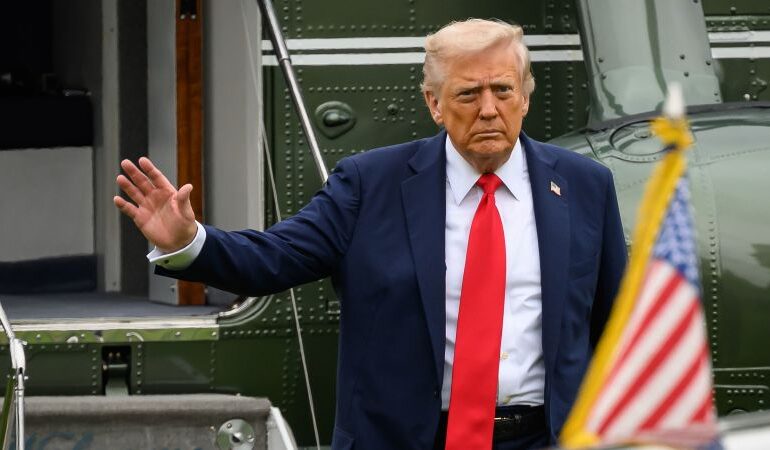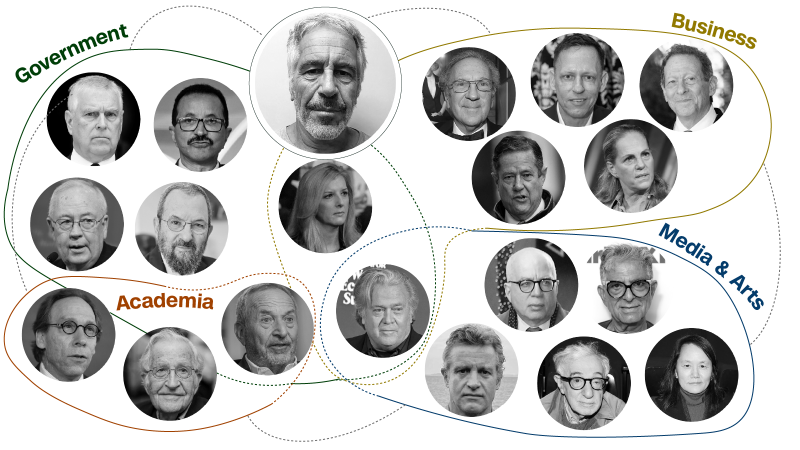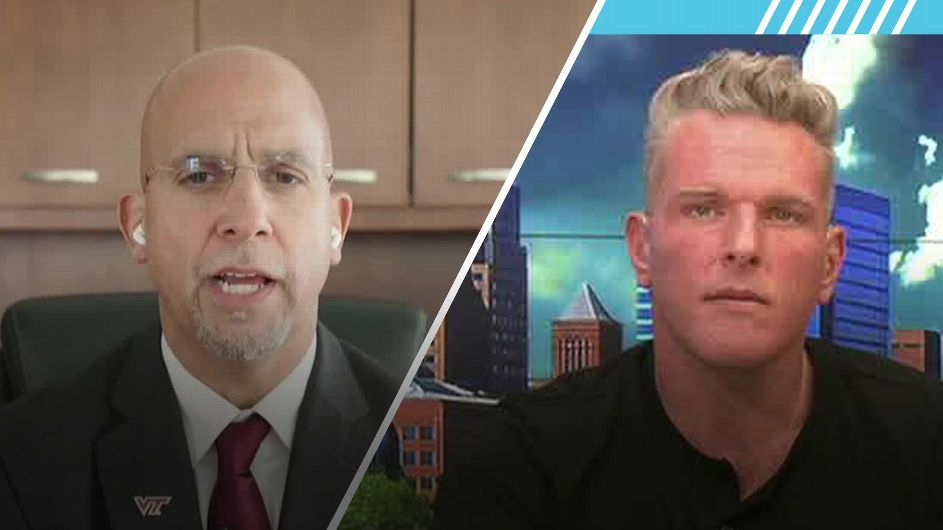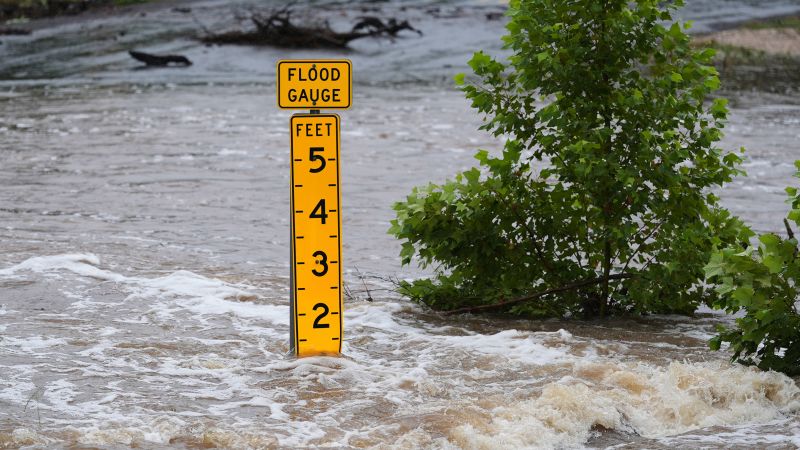Trump Administration’s Pressure on ABC Leads to Kimmel’s Hiatus

The recent decision by ABC to place late-night host Jimmy Kimmel on indefinite hiatus has sparked controversy due to apparent pressure from the Trump administration. This move has raised questions about the relationship between government influence and media content, particularly surrounding the remarks Kimmel made regarding the assassination of political commentator Charlie Kirk.
On September 25, 2023, Kimmel made headlines after joking about Trump’s reactions following Kirk’s death. His comments included criticism of what he termed the “MAGA gang,” which prompted swift backlash from Brendan Carr, Chairman of the Federal Communications Commission (FCC). Carr characterized Kimmel’s remarks as “some of the sickest conduct possible” and suggested that ABC could face consequences, including the potential loss of its broadcast license, unless it acted against Kimmel.
Government Influence and Media Response
Carr’s public statements underscored a significant shift in the dynamics between government and media. He stated, “We can do this the easy way or the hard way,” highlighting the administration’s willingness to exert authority over broadcasters. Following Carr’s comments, several major owners of ABC-affiliated stations announced they would preempt Kimmel’s show, a move that coincided with ABC’s decision to suspend him.
The pressure on ABC can be viewed in the context of the administration’s broader strategy, which appears to embrace a narrative of governmental control over media institutions. This aligns with previous actions where Trump and his allies have celebrated their influence over media corporations.
Kimmel’s comments about the political motivations behind Kirk’s assassination drew significant attention. Carr criticized the implications of Kimmel’s joke, suggesting that it reinforced a narrative that was unfounded at the time. This criticism led to calls for action against Kimmel, with Carr stating, “There’s actions that we can take on licensed broadcasters.”
Reactions and Implications
Following the suspension of Kimmel, both Carr and Trump expressed satisfaction with the outcome. Trump referred to the situation as “Great News for America” and suggested that NBC should also consider taking action against its late-night hosts, Jimmy Fallon and Seth Meyers. The administration has been vocal about its intentions, with Trump previously celebrating the end of Stephen Colbert‘s show, stating, “I hope I played a major part in it!”
This incident raises critical questions about the ethical implications of government involvement in media operations. Critics argue that the Trump administration’s approach could set a concerning precedent for how the government interacts with media outlets, particularly regarding content it deems unfavorable. The administration’s apparent eagerness to take credit for actions against Kimmel suggests a broader trend of leveraging governmental power to influence public discourse.
As discussions continue regarding the limits of government influence over media, the American public is left to contemplate the role of federal authority in shaping the media landscape. The situation surrounding Kimmel may serve as a pivotal moment in understanding the evolving relationship between the government and the press in the United States.






